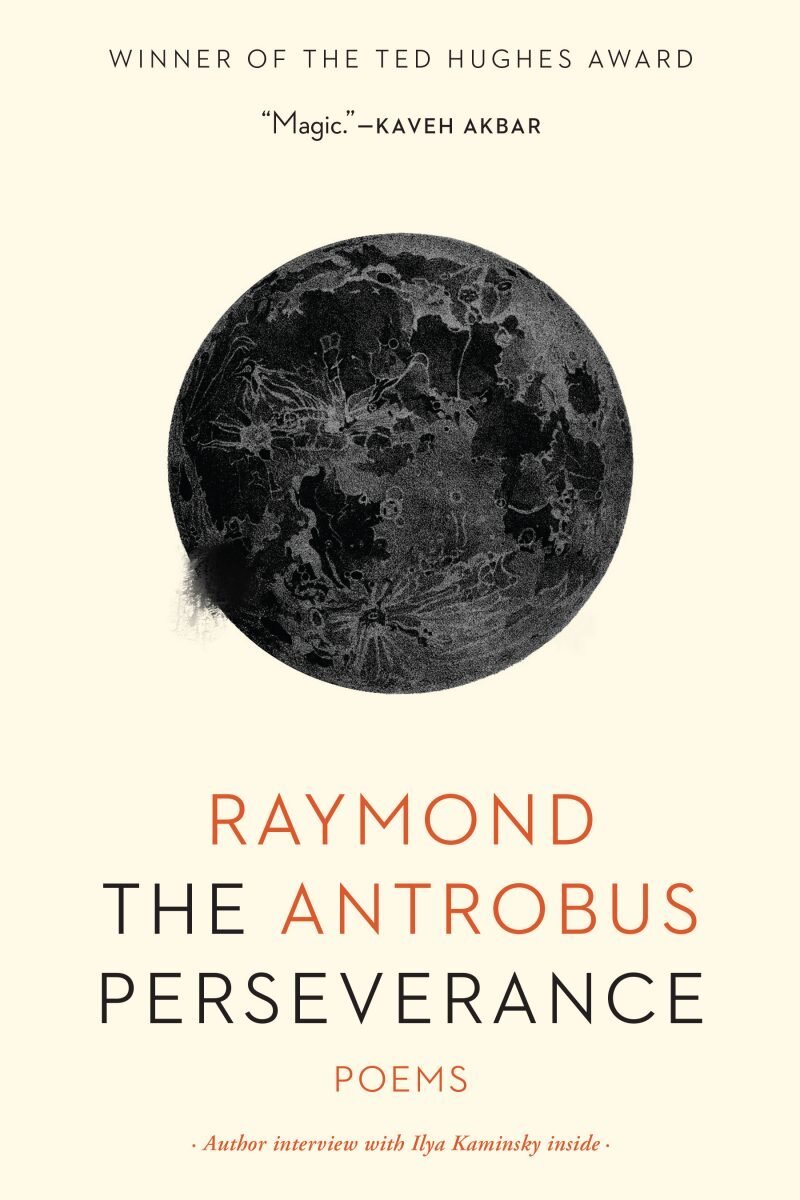The Perseverance
Raymond Antrobus
Reviewed by Kristin Entler
Raymond Antrobus’ debut poetry collection The Perseverance is a celebration of disability and race as well as a confrontation of the oppression that surrounds each of these identities. The collection captures the pain of feeling invisible while simultaneously challenging the society that allows and supports silence in those most vulnerable. Often, and in such lines as “When you tell someone you read lips you become a mysterious captain,” Antrobus captures the feeling of isolation that comes with navigating a world not made for everyone who exists within it.
With his honest, raw, and striking writing, Antrobus analyzes spoken and signed language through the vector of written language and visual cues, at times integrating images of signed motions in British Sign Language (BSL) with written English that merges to help reshape our ideas of limitation within languages. Images of hands acting as words head sections of poems in place of Roman Numerals. Poems such as “I Move Through London like a Hotep,” the title itself a mishearing of “I’m used to London life with no sales tax,” require the hearing-abled reader to reassess their own privilege through heartbreaking confessions such as: “I’m a haze of broken jars, a purple bucket and only I know there’s a hole in it” to describe not just what living in a world built for capital-H-Hearing people is like for the d/Deaf, but for anyone living with invisible illness.
In the poem “Dear Hearing World,” which acts as a creed for the rest of the collection, the speaker directly juxtaposes the d/Deaf experience and religion. He works to grapple with his relationship between the self and the spiritual, confessing lines such as: “I have left Earth in search of an audible God. / I do not trust the sound of yours” until it ends with the demand to “take your God back, though his songs / are beautiful, they are not loud enough.” The idea of refusing anything that doesn’t allow for accessibility is not only the thesis but the demand, for the reader to place their attention on and listen to what the oppressed are saying, no matter how that language sounds or looks.

